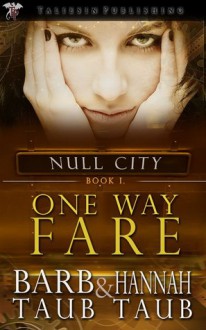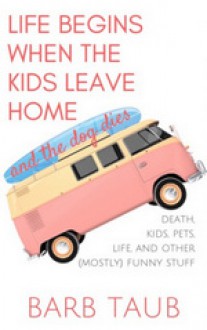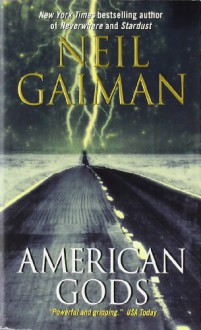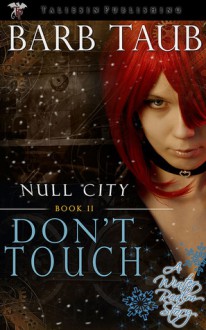
“Suppose neutral angels were able to talk Yahweh and Lucifer – God and Satan, to use their popular titles – into settling out of court. What would be the terms of the compromise? Specifically, how would they divide the assets of their early kingdom?” – Tom Robbins, Fierce Invalids Home from Hot Climates (2000)
I really only picked up the book as it was advertised on one of my “Free Today” book emails. You know the ones, and if you don’t, why not? So anyway, there it was, and the cover caught my eye. It was the first in a series, free, written by an author I hadn’t heard of. Why not?
Now, here is the thing. One Way Fare had a fairly interesting blurb, though I was a bit leery of the whole “Angels and Demons” shtick. Honestly? The whole Hellhound/Poodle thing is what really caught my attention. And you know what? For all that the Angels/Demons/Time Travel thing is normally so not my thing, well, I was entranced. I mean, really, truly entranced. Taub’s writing is unique. She has shaken up a couple of genres, and written her characters, and her story, in ways that held me rapt from page one.
In the room made of light, they plan the end of Hell.
The thing is . . . I’m rooting for Hell in this one. No, really. I mean, Lucifer is The Morning Star – which the oldest Latin texts portray as either John the Baptist, or Jesus himself. After all, it isn’t until much later that texts were converted to the concept of The Morning Star as being “Satan,” an evil character. Let’s face it – the ideation of “God vs Lucifer” is based in the takeover of various Egyptian, Canaanite and Jewish tales of gods who fought fiercely amongst themselves for power. To the victor go the spoils – an the right to tell the tales in any way they see fit.
Taub’s Hell is a nightmare for anyone who considers intellectualism to be threatening (you know, Right Wing Republicans, that sort of thing). As Ray Williams, in Anti-Intellectualism and the “Dumbing Down” of America (Psychology Today, July 07, 2014), says, “There is a growing and disturbing trend of anti-intellectual elitism in American culture. It’s the dismissal of science, the arts, and humanities and their replacement by entertainment, self-righteousness, ignorance, and deliberate gullibility.”
Ha! Send me to Hell, because this place is Interesting! And a whole “Hell” of a lot more inclusive than “Heaven” could ever hope to be. Or even “Haven,” the place where the Fallen Angels who want to recreate the “Heaven” they were thrown from, exist. So, a bunch of pissy Angels want to destroy Hell – and they don’t care that, “Not only will that strategy lead to massive death and destruction for humans, but it could mean war between Fallen and Angels.” Wow, total narcissism really can be deadly! (I still wish I could remember the book I read, I think it was in the late 70’s or early 80’s, where ‘god’ is so busy staring into a mirror admiring himself – well, keep telling a guy he is handsome, you just know that spells spoiled rotten, self-centered ego maniac, right? – he allows the universe to go down in flames around him.)
Then, of course, there is the time travel aspect of the book. Honestly, I am not usually a time travel book lover. They never seem to get the continuity right. But Taub proved me wrong. Her writing makes sense. “I have a theory about time. Things can’t happen if they didn’t.” And what is even more crushing? Things still happen if they did. Taub holds all of the timelines tightly in her grasp, flowing backwards and forwards, building a gossamer web of linkages that never left me thinking “Huh? What just happened?”
This series is now at the top of my “Must Read New (to me) Series.” I already downloaded the second, DON’T TOUCH, Null City Book 2. There are some issues that weren’t tied up all the way in book 1, and I look forward with great eagerness to see how they carry forward through the series. One Way Fare is edgy, imaginative, and deeply unusual compared to my usual experience with this type of book. Highly recommended!
And remember this – “Why do they blame me for all their little failings? They use my name as if I spent my entire days sitting on their shoulders, forcing them to commits acts they would otherwise find repulsive. ‘The devil made me do it.’ I have never made one of them do anything. Never. They live their own tiny lives. I do not live their lives for them.” ― Neil Gaiman, The Sandman, Vol. 4: Season of Mists


 Log in with Facebook
Log in with Facebook 










